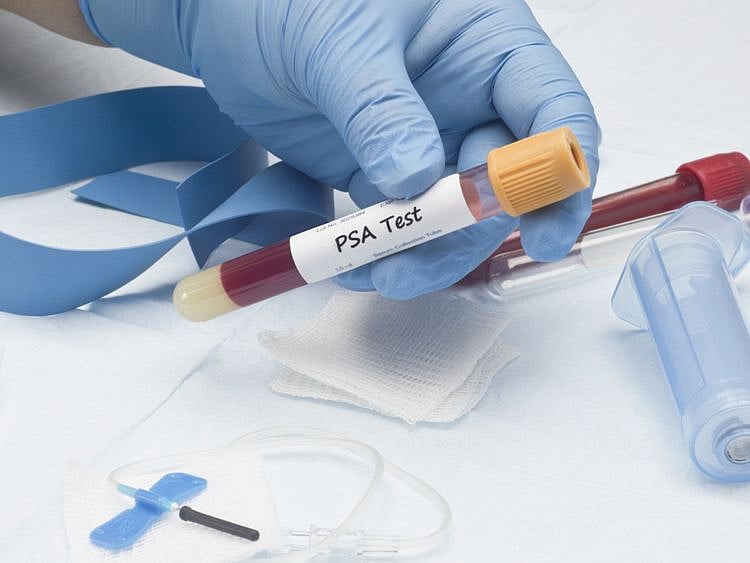Dubai: November may have come to a close but concerns remain about the rising cases of prostate cancer, awareness about which is typically raised during the month.
Doctors said the biggest concern pertains to lack of awareness about the need to go in for early screening as this is the key to preventing prostate cancer.
What is prostate cancer?
Prostate cancer is a cancer that develops in the prostate gland in males. The gland stores semen and is part of the male urogenital anatomy.
According to Dr Sanjay Bhat, specialist urologist at the Prime Hospital, “Prostate cancer is among the top five cancers in the Middle East and is probably the second commonest cancer in men over 60.”
Who is at risk?
According to Dr Bhat, men with a clear genetic history of prostate cancer in the family are in the high risk group. “In addition, obesity, lack of high fibre in the diet and advancing age are some of the factors that can trigger tumours in the prostate.”
Dr Ahmed Moharram, Specialist – Urology at Bareen International Hospital – MBZ City in Abu Dhabi, added: “It is clear that as every man gets older, his risk of having prostate cancer gets higher. Besides that, a positive family history (paternal and maternal) also increases the risk of having prostate cancer at a younger age.
Statistically speaking, Africans and African Americans are more prone to contract this condition. Obesity and bigger waist circumference are associated with increased risk of high-grade prostate cancer (European Association of Urology 2019). Other factors include balding, gonorroheas and cigarette smoking.
Annual screening
The key to early detection is annual screening even if there are no symptoms.
Dr Moharram said: “A sign of advanced metastatic disease incudes urine outflow obstruction, blood in urine and semen, bone pain or coughing blood.”
Symptoms to watch out for:
1. A burning sensation while passing urine
2. Difficulty in emptying bladder completely
3. Frequent urge to urinate especially in the night
4. Blood in the urine
5. Back pain in case the cancer has metassed to other organs
6. Loss of bladder control
There is also a debate on the risk of taking health supplements with testosterone, a steroidal hormone. Dr Moharram said the risk of testosterone injections leading to prostate cancer is directly proportional to a person’s age. The risk becomes higher with getting older.”
He added that urology specialists advise men to avoid taking anabolic steroids for non-medical and recreational conditions due to adverse effects.
The good news
More than 90 per cent of prostate cancers are reversible.
“The good news is that prostate cancer is reversible if detected early. So it is important for men to get a Prostate Specific Antigen (PSA) screening done annually once they cross 50 years. For those with a family history of the cancer, it is advisable to go in for screening from the age of 45 onwards,” said Dr Moharram.
The PSA is a protein found in the prostate gland and a high PSA reading is a marker for this cancer. When it is found high doctors have to conduct a physical examination such as a transrectal biopsy and MRI to confirm diagnosis.
Preventive steps:
1. Stop smoking
2. Exercise to reduce obesity and waist-hip ratio
3. Avoid consumption of rich foods and red meats
4. Avoid high fat and rich dairy products
Sign up for the Daily Briefing
Get the latest news and updates straight to your inbox
Network Links
GN StoreDownload our app
© Al Nisr Publishing LLC 2026. All rights reserved.
